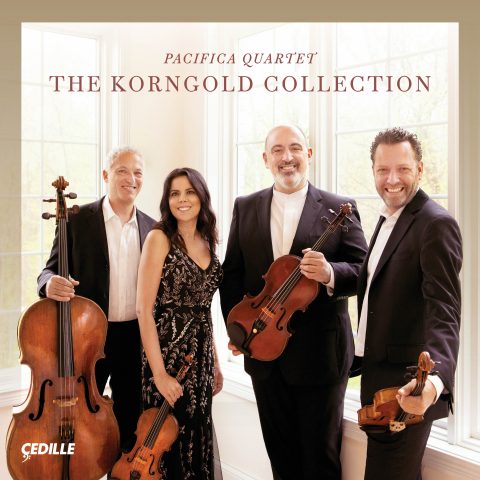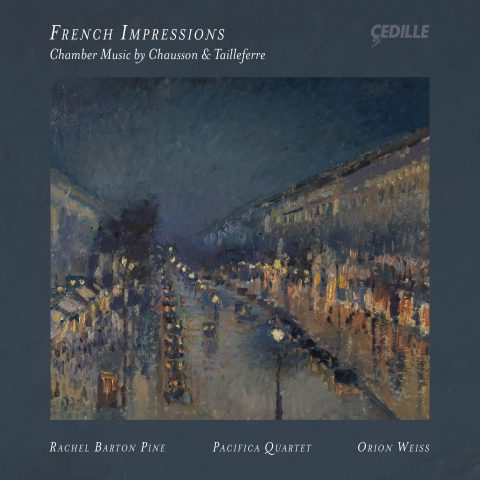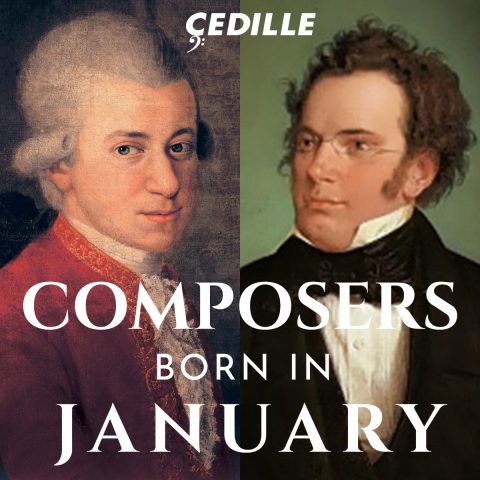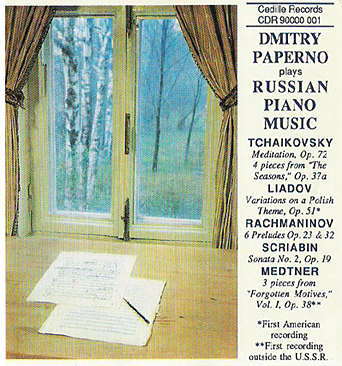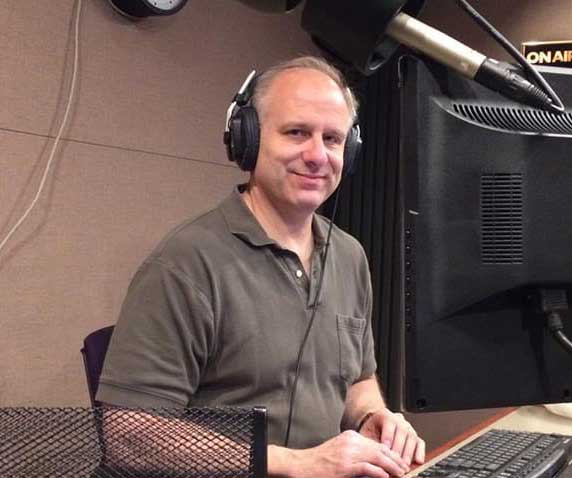
Discover
A Conversation with Sound Engineer Bill Maylone

Multi-Grammy-nominated sound engineer Bill Maylone has worked with Cedille Records since our first album in 1989. In a Cedille-exclusive interview, Bill explains what a sound engineer does and how the industry has changed over the years.
When did you start recording classical music?
I worked at the campus radio station (WHPK-FM) when I attended the University of Chicago in the early 1980s. We decided it would be fun to broadcast the quarterly concerts of the University of Chicago Symphony Orchestra live. A few years after school I was working at WFMT, learning the finer points of how to record all kinds of classical music.
How did you first get involved with Cedille?
I met Jim when we were both at U of C. One day in January 1989, he called me out of the blue and asked if I would be interested in engineering a solo piano recording he was planning to do to launch a record label. It sounded like fun, so I said sure. Tell us about your equipment. What are some of your more rare items? I’ve amassed a pretty large collection of “stuff” over the past 20 years or so. My bad habit is collecting microphones. The rarest find is something we’re currently using on a recording with Thomas Hampson – it’s an RCA 44A ribbon microphone from 1932. It’s in completely original condition, and it sounds fantastic.
Is there a recording you remember as particularly challenging?
In 1999 we did a recording of a Frank Ferko choral piece with His Majestie’s Clerkes in an acoustically fabulous chapel. The chapel was on beautiful grounds with lots of trees near the lake and was well isolated from any traffic noise. Unfortunately, the sessions were in the summer, and there were thousands (millions?) of bugs. SO, while it was still daylight, we could hear the sound of cicadas, and at night we could hear crickets chirping. During the (long) editing process that followed, I spent countless hours designing specific filters to remove the bug sounds. I ended up with almost 200 different little filtered pieces of audio that were worked into the overall edit.
What happens after a session? What does the editing process entail?
Digital editing of classical music is a mystical process known only to a few highly trained sorcerers. Just kidding! The process usually begins with the producer reviewing all the takes, and deciding which bits of which takes to use. Then I’ll assemble the takes according to the producer’s edit plan, and we’ll go back and forth to further refine it. The music then goes to the artists for review. After the editing is complete to everyone’s satisfaction, I’ll create the final mixed versions of everything and assemble the pieces in a CD master project. It usually takes a few months from the time we record until the audio is ready.
How has the classical recording industry changed since you first began working?
Our first CD was recorded on a single Sony PCM-F1-SL2000 Beta videorecorder combination. For about the first 10 years we recorded directly to two track equipment through a console, meaning everything was mixed right at the session. That’s right – the mix we created at the session was the mix that went into the final CD. Around 2000, we invested in digital multitrack tape equipment, which allowed us to record different instruments or orchestral sections on their own tracks and make adjustments to the mix later. Fast forward to today, where I can record 32 discreet channels and apply all sorts of signal processing, which allows for very fine adjustments of balances and other sonic qualities of individual sounds! However, some things don’t change: there are still more microphones to collect . . .
Cedille’s Grammy-nominated sound engineer Bill Maylone gives us an in-depth look at an original 1932 RCA microphone during the recording session for Thomas Hampson’s album Songs from Chicago.
Recommended
The Pacifica Quartet presents The Korngold Collection, a landmark recording of Erich Wolfgang Korngold’s complete string quartets and rarely heard chamber works tracing the composer’s extraordinary evolution from prodigy of post-imperial Vienna to pioneering film composer in Hollywood
Acclaimed concert violinist Rachel Barton Pine, sought-after pianist Orion Weiss, and the multiple Grammy Award-winning Pacifica Quartet join forces for their new album French Impressions: Chamber Music by Chausson & Tailleferre, celebrating captivating works by French composers Ernest Chausson and Germaine Tailleferre, whose chamber music deserves greater attention on recordings.
Selections come in order of birth date, from Viktor Ullmann’s (Jan. 1) bracing “Schnitterlied” (Reaper’s song) to the sublime finale of Franz Schubert’s (Jan. 31) last piano sonata — a cross-section that demonstrates the breadth of Cedille Records’ catalog.
Enjoy 25% off Cedille’s Weekly Featured Release.
